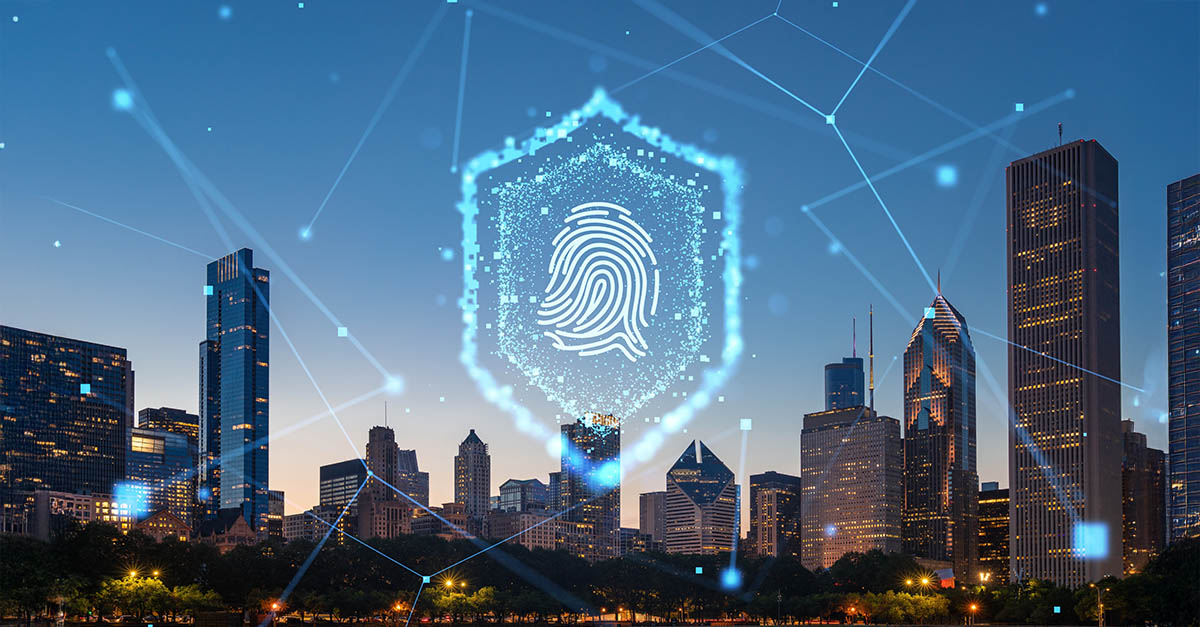Additional Contributors
In today’s increasingly digital world, information security has never been more critical. With cyber threats evolving constantly, businesses must stay ahead of the curve to protect their sensitive data and maintain stakeholder trust. One way to do this is by pursuing ISO 27001 certification.
The internationally recognized ISO 27001 standard lays out the requirements for establishing, maintaining, and improving a framework that ensures the protection of sensitive data, whether financial information, customer records, intellectual property, or personal details.
Earning ISO 27001 certification begins with an audit. An ISO 27001 audit is a structured evaluation process in which an organization’s information security management system (ISMS) is assessed against the ISO standards. Once the audit is completed and the organization addresses any identified gaps or non-conformities, it can earn ISO 27001 certification. This certification is valid for three years, with annual surveillance audits to ensure ongoing compliance.
Industry Advantages of ISO 27001 Certification
The ISO 27001 certification process is rigorous, but the benefits of achieving certification are numerous. Here are some of the key advantages for businesses in any industry:
Enhanced Data Security
The most obvious benefit of ISO 27001 certification is the improvement of information security. By following ISO 27001’s comprehensive approach to risk management and security controls, organizations can significantly reduce the likelihood of data breaches, cyberattacks, and other security incidents. A certified ISMS ensures sensitive information is protected through various layers of security, from physical access controls to advanced cybersecurity measures. But when an incident does occur, having an ISO 27001-certified system in place means the organization is better prepared to respond swiftly and effectively, minimizing the impact of the breach.
Regulatory Compliance
As data privacy and protection laws tighten worldwide, such as GDPR in Europe, CCPA in California, and HIPAA in the healthcare sector, compliance becomes more complex. ISO 27001 provides a structured way to meet these evolving regulatory requirements. By adopting the ISO 27001 standard, organizations can align their security practices with legal and regulatory obligations, ensuring they stay compliant and avoid costly fines or legal issues.
Trust with Clients and Partners
In today’s competitive business environment, trust is crucial. Customers, clients, and business partners are increasingly concerned about the security of their data. ISO 27001 certification acts as a strong signal that your organization is committed to maintaining high standards of data security. This position builds confidence with clients and partners, who are more likely to do business with organizations that demonstrate a proactive approach to protecting sensitive information.
A Competitive Edge in the Marketplace
ISO 27001 certification can set your organization apart from competitors, particularly in industries where information security is a top priority, such as finance, healthcare, and technology. Clients and partners are more inclined to select certified companies, knowing they meet internationally recognized standards.
Improved Operational Efficiency
ISO 27001’s focus on structured security processes can lead to more efficient internal operations. It encourages businesses to streamline their security measures, reduce redundancy, and align resources more effectively. A well-maintained ISMS helps prevent data loss and system downtime, ultimately leading to improved operational efficiency and cost savings.
Stronger Organizational Culture Around Security
ISO 27001 certification isn’t just about implementing a set of controls—it’s also about fostering a culture of security across the organization. Employees are often required to undergo training and are actively involved in maintaining security standards. These practices help raise awareness of potential security risks at all levels of the business, reducing the chance of human error or negligence that could lead to a breach.
Global Recognition
As an internationally recognized standard, ISO 27001 certification opens doors to global markets. For businesses that operate in multiple countries or plan to expand internationally, having ISO 27001 certification can be a powerful asset. It ensures the organization is in compliance with global security practices, which can help attract international clients and business partners who require high levels of data protection.
The ISO 27001 certification process is a significant commitment, but the rewards it brings are invaluable. From enhanced data security and regulatory compliance to a stronger market position and greater trust with clients, ISO 27001 certification provides substantial industry advantages that can set up your organization for long-term success. In an increasingly data-driven world, having ISO 27001 certification isn’t simply an option. Today, it’s a strategic necessity.
PYA Can Help
PYA’s Cybersecurity team helps clients find ways to not only securely deploy technology but also assess their technology strategies by identifying, assessing, and mitigating risks.








